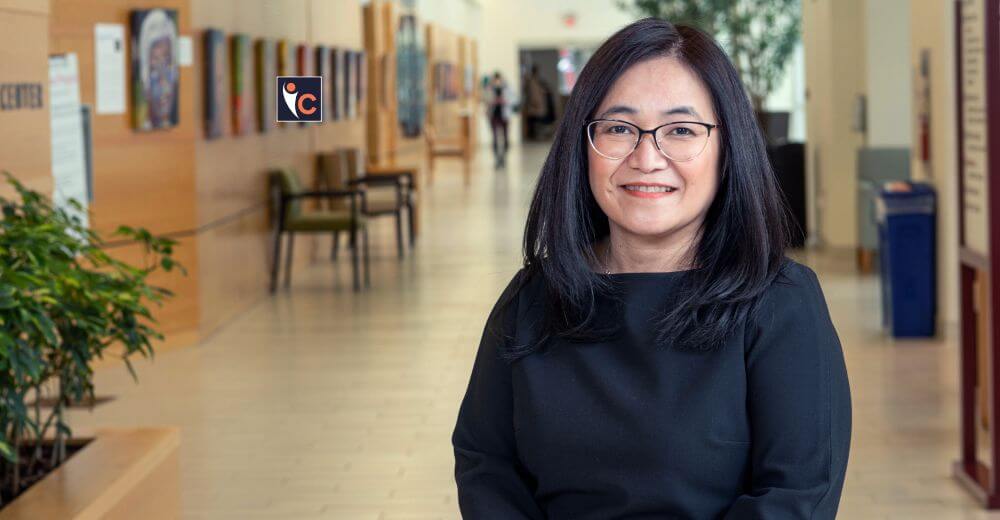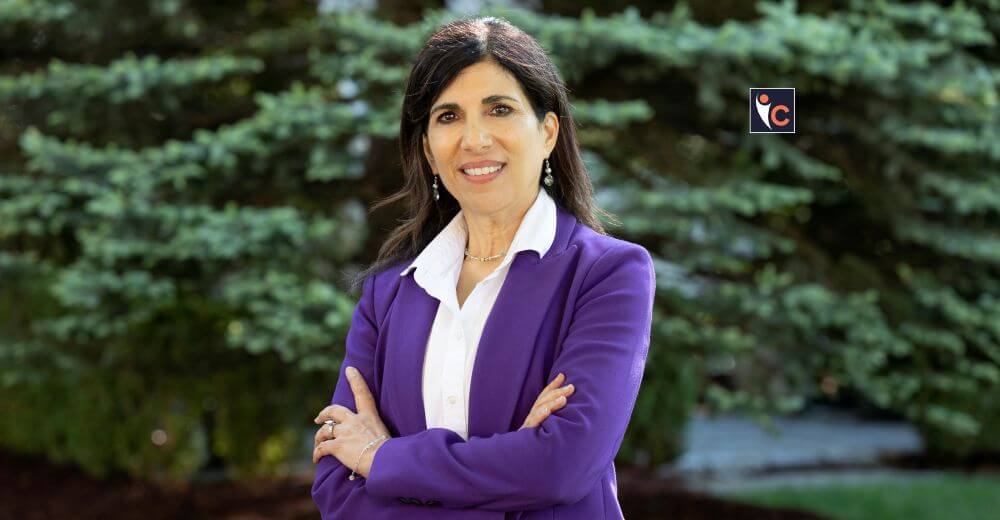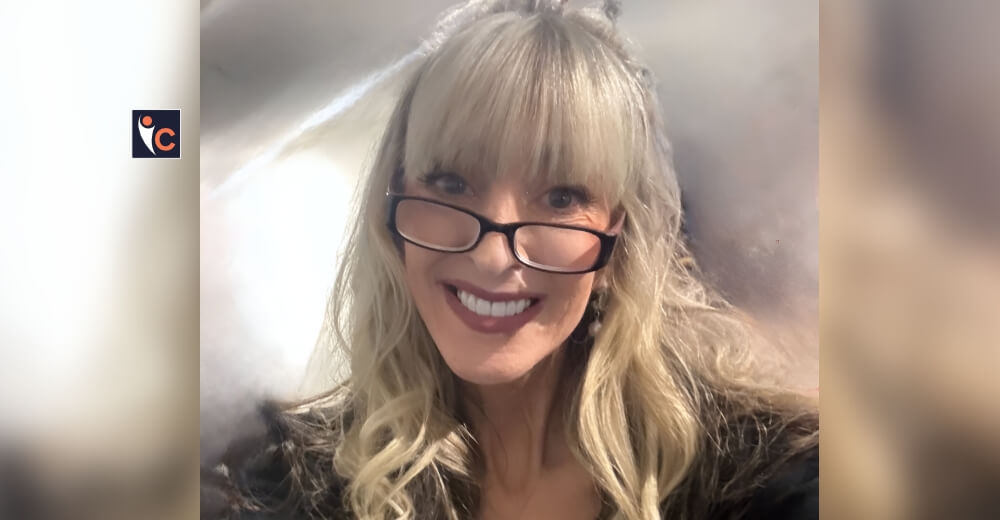Most of the severe health concerns related to chronic conditions, especially cancer, can be lifted if measures for early detection are improved with significant enhancements. When this happens, the insurgence of cancer can be predicted early, and thus, it enables convenient ways to allow meticulous treatments.
Cha-Mei Tang, the Founder, President, and CEO of Creatv MicroTech, has made early cancer detection possible through her significant and intensive research. The company, Creatv MicroTech—through its accurately designed blood tests—manages to detect cancer early and determine the optimal treatment, monitor treatment response, and predict prognosis. This, in turn, helps in surmounting the challenges of treating severe health conditions.
Creatv, through its expertise in diagnosis and microfabrication, is able to isolate cancer-associated cells from the blood and make use of its scientifically discovered—Associated Macrophage-Like cell (CAML)—in the early detection and diagnosis of cancer.
The Tale of Inception
Cha-Mei Tang founded Creatv MicroTech (Creatv) in 1996, intending to focus on developing novel x-ray anti-scatter grids and nuclear collimators to improve image quality. In the year 2000, she re-incorporated in Delaware and led the company into the field of medical diagnostics, sensitive detection instruments, and assays. Creatv commercialized a very sensitive fluorescence instrument for biological and chemical detection applications that is about a hundred times more sensitive than a 96-well plate reader. TM From 2010 to 2011, Creatv developed CellSieve microfilters intending to capture circulating tumor cells (CTCs) from the blood of cancer patients. The company developed assays using cell lines spiked into the blood.
But when Cha-Mei Tang and her team processed the first patient sample, they captured CTCs and found many funny-looking giant cells. Upon research, there were no publications about them, neither as a research subject nor as clinical applications. These cells were eventually identified by scientists in J&J who confirmed that they have seen them. However, they stated that these cells were not CTCs. Creatv’s pathologists advised the team to ensure to identify these cells accurately.
Upon further investigation, Cha-Mei Tang’s team identified these cells to be macrophages that are in the process of engulfing or have engulfed tumor material or tumor cells. They called these tumor-macrophage hybrid cells CancerAssociated Macrophage-like cells (CAMLs), which were published in the PNAS publication in 2014, showing the fluorescent analysis of these cells.
Since then, they have found CAMLs in the blood of cancer patients from more than 20 types of solid tumors. Upon testing more than 5000 patient samples, it was detected that the CAMLs could be found in all types of solid tumors. Moreover, they are present in all stages of cancer. For major cancers like—breast, prostate, lung, and kidney cancers, these cells can be found in stage one itself, 80% of the time.
The core value of the company is a blood test called LifeTracDxâ liquid biopsy with a wide spectrum of applications that can save and improve lives.
A Plethora of Definitive Treatments
The present estimates of cancer in the United States suggest 1,918,030 new cases with 609,360 deaths in 2022. The disease approaches approximately 39.9% of men and women at some point during their lifetime. In this case, people would take early measures if there was a pathway to early detection and diagnosis.
Cha-Mei Tang’s research into cancer led to the innovation of a blood test, LifeTracDxâ that can screen for cancer, detect residual disease at end of therapy and detect recurrence much faster than imaging. This blood test is suitable for screening single cancer, group of cancers, and at-risk groups simultaneously. Through its accuracy, it can also determine the presence of residual disease after the termination of therapy just in case cancer has not been eradicated.
The blood test is also an effective solution for cancer survivors. Currently, there are over 18 million cancer survivors. Often, they are recommended to take at least two to three Computed Tomography (CT) X-Ray Imaging per year.
This helps in monitoring disease status as cancer replaces when the tumor grows by three to five millimeters in diameter. While CT imaging causes exposure to damaging radiation, LifeTracDxâ is a relatively safe measure that can detect cancer’s recurrence before the tumor gets bigger, without any exposure to radiation.
The market size for cancer screening, determining residual disease, and detection of cancer recurrence are very large. LifeTracDxâ blood tests can provide a spectrum of diagnostics for patients with cancer. Some examples of diagnostics are:
Provides more than 20 companion diagnostics – simpler and cheaper than tissue biopsy; an example is an immunotherapy
- Provides prognosis at any time
- Predicts treatment response to new therapy after just one treatment
- Monitors therapy identification of drug resistance
- Provides copious unfragmented tumor DNA for sequencing
LifeTracDxâ blood test is also ideally suited for cancer drug development and clinical trials.
Surmounting the Imperative Challenges
Currently, Cha-Mei Tang and her team are providing Creatv’s services to cancer drug companies. They are in the process of setting up a CLIA lab that would allow access to cancer screening and cancer diagnosis to the public.
However, since they are the first to publish about CAMLs and their clinical application, it is difficult to convince the venture capitalists of Creatv’s product potential. Cha-Mei Tang being a female founder adds up to such a challenge.
Scaling 2022 and Beyond
Besides the technical goals, Cha-Mei Tang is focused on reducing morbidity and improving patient outcomes. One important aspect is to commercialize the LifeTracDxâ’s blood test so that the company can provide cancer screening and cancer diagnostics. To further enable this—besides establishing a CLIA lab—is to get FDA approval for a spectrum of diagnostics.
Sharing Profound Experiences
Cha-Mei Tang shares an experience that had a profound impact on where she is today. She says, “I left a government job to start a company. I made the decision that my business will have nothing to do with my past scientific experience, where many men thought that I barely had contributed to my achievement as a physicist. But instead, these men were the ones who greatly benefitted from my scientific research.”
“At Creatv, it was scary but exciting diving into many fields I knew very little about but learned quickly. What my company has accomplished now is attributed mostly to my employees,” she adds. Reflecting on her journey, she has realized that there should be no fear of trying out new things. “I find it exciting to learn about new fields, have new experiences, and solve new problems,” she concludes.















